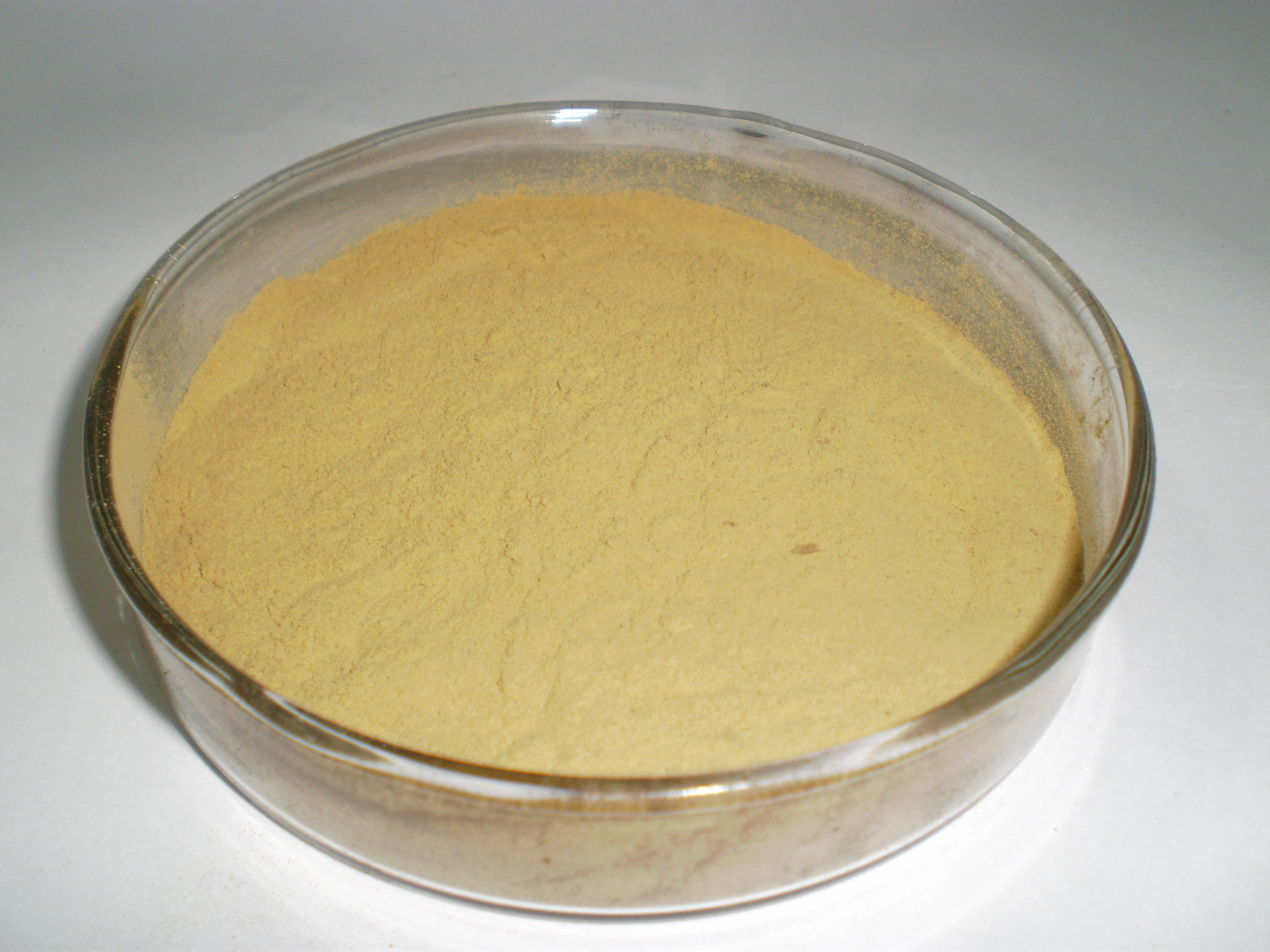Calcium lignosulfonate can be used in agricultural applications for managing metal ions. Here’s how it can be applied in this context:
- Soil amendments:
- Calcium lignosulfonate can be added to soils as a soil amendment or conditioner.
- It can help to complex and chelate excess metal ions in the soil, such as aluminum (Al3+), iron (Fe2+/Fe3+), and manganese (Mn2+).
- This prevents these metal ions from becoming overly available, which can be toxic to plants.
- Nutrient management:
- Calcium lignosulfonate can be used to improve the availability and uptake of essential micronutrients for plants.
- By complexing with micronutrient metal ions like iron, zinc (Zn2+), and copper (Cu2+), it can keep them soluble and accessible for plant roots.
- This can help address micronutrient deficiencies in crops and improve overall plant health and productivity.
- Foliar applications:
- Calcium lignosulfonate can be applied directly to plant leaves as a foliar spray.
- It can help to deliver micronutrients to the plant foliage, ensuring better absorption and utilization by the plant.
- This can be particularly useful for addressing micronutrient deficiencies in crops during the growing season.
- pH management:
- As mentioned earlier, calcium lignosulfonate is more effective in neutral to slightly alkaline pH conditions.
- In acidic soils, the addition of calcium lignosulfonate can help to increase the soil pH, making it more favorable for plant growth and nutrient availability.
The ability of calcium lignosulfonate to complex and manage metal ions makes it a versatile tool in agricultural applications, helping to optimize nutrient availability, prevent metal toxicity, and improve overall plant health and productivity.

